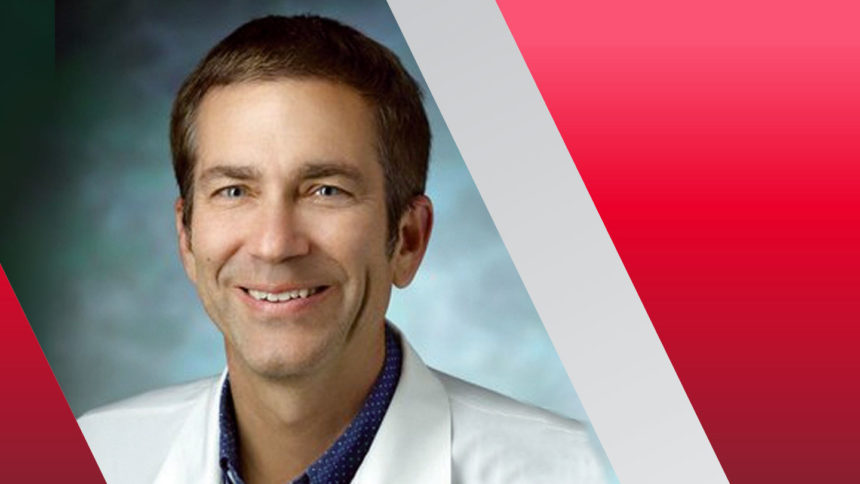
Q: Why create the Project?
A: We had great strengths in engineering and in medicine — especially geriatric medicine — and biology, but there hasn’t been a lot of work in synthesizing those in ways that really accelerated treatments and interventions that would slow down both functional and cognitive decline in older adults. The last years of life sometimes can just be fraught with illness and decline and loss. It doesn’t have to be that way. We’re searching for new ways to … give people a really high-quality, high-function, high-cognition end of life.
Q:What role does tech play?
A: As physicians trained in geriatric medicine … we’re in a unique position to really be able to inform both engineering and biology of the major issues that need to be addressed and work closely to find solutions that can be quickly implemented. We have a huge, new National Institute of Aging grant through our Artificial Intelligence and Technology Collaboratory to help us use AI approaches.
Q:What are some of your early research lines?
A: We’re working on ways to pick up subtle changes in people’s speech patterns that may predict the development of Alzheimer’s. Devices for balance and gait influence; better detection of cataracts [and]falls prevention; and Alzheimer’s diagnoses. All of those things are on the near horizon.
From the July/August 2022 Issue of McKnight's Long-Term Care News



